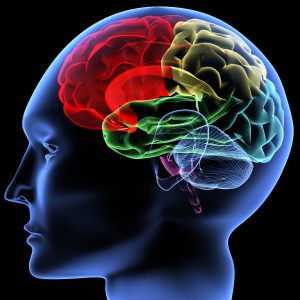
Happy for no reason?!
A crazy thought, no?!
There is someone out there happy for no apparent reason!
How is that possible? That person must take drugs, or be drunk, crazy or a fool; confused, misguided; irrational.
“Being happy without a reason” is a fascinating idea from a psychological point of view. It suggests a type of happiness that isn’t tied to anything external—like achievements or possessions—but comes from within.
Here’s how psychology makes sense of it:
1. Positive Psychology
This field focuses on what makes life worth living. Feeling happy for no reason could be a sign of internal well-being—like practicing gratitude or being content with yourself. It’s about finding joy in simply being, rather than in what you have or do.
2. Mindfulness and Being Present
Mindfulness teaches us to live in the moment. When you’re fully present, you stop chasing happiness in external things and discover a sense of peace just from existing. It’s like being content because you’re alive, not because something specific happened.
3. Inner Motivation
Psychologists say our happiness grows when our basic needs—like feeling free, capable, and connected to others—are met. This type of happiness doesn’t depend on rewards or praise from the outside world.
4. How the Brain Works
Your brain loves habits. If you regularly focus on positive thoughts, practice gratitude, or meditate, your brain rewires itself to feel good more often. It becomes easier to feel happy without needing a specific reason.
5. Emotional Resilience
Some people are naturally better at staying happy even when life gets tough. They have an inner strength that helps them find peace and joy no matter what’s happening around them.
6. The Challenge
In a world that values achievements, happiness without a reason might feel strange or even “unearned.” Some people might also use this idea to avoid dealing with their real emotions, which isn’t healthy.
Ultimately, happiness without a reason is about living in harmony with yourself and the world. It’s a deep and kind of joy that comes from being okay with who you are, just as you are.
Let’s talk about it.
Namaste,
Armaan




